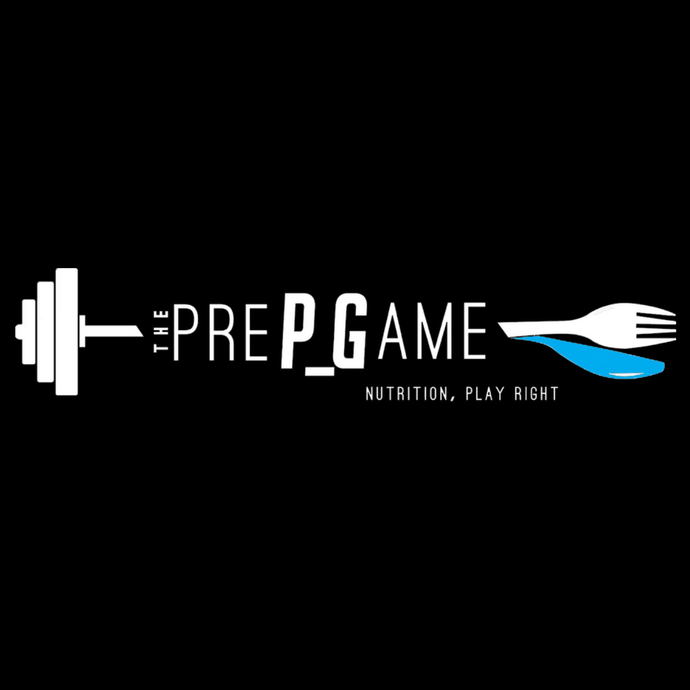Beautiful meal at Trofeo Estate Mornington Peninsula - unintentionally vegan vs keto!
Vegan. Keto. Two approaches to food and nutrition that in principal could not be further apart, but are promoted by their respective loyal followers as the only way to eat. Promises of weight loss, mental clarity, digestive health, improved performance and a range of health benefits - clever marketing may convince even the most well-read individual of the benefits of plant-based or carnivorous consumption.
I work with people who follow a vegan lifestyle. I also work with individuals who are interested in a keto approach. Both have pros and cons. Yes, there are significant differences, but also similarities that align with universally agreed healthful nutrition strategies - inclusion of vegetables for example. Neither are fads and both dietary preferences will be with us for many years to come, as will the debate over which style is superior for associated health benefits. But is one or the other superior for athletes and sports performance? The type of athlete, and person, you are may be the key to determining whether plant-based vegan or carnivorous keto is the way to go - or something else entirely.
Vegan virtuosity
‘Veganism is a way of life that seeks to exclude, as far as is possible and practicable, all forms of exploitation of, and cruelty to, animals for food, clothing or any other purpose’ (The Vegan Society).
Vegan is a lifestyle rather than a diet. There is an increasing trend towards plant-based eating, with significant research supporting the benefits from a health perspective. The spotlight has recently shone on plant-based for sports performance, ably assisted by the ‘Gamechangers’ program, promoting the virtues of plant-based nutrition for performance, but which also has been widely criticised for its erroneous scientific claims.
A vegan approach to nutrition involves elimination of all animal foods including meat, poultry, fish and seafood, dairy, eggs and honey, and includes wholegrains, fruits, vegetables, nuts/seeds, legumes and products manufactured from these. A well-balanced vegan diet can provide the wide range of nutrients required for human health and performance, but without significant effort and planning, athletes may find themselves falling short on nutrients, with a subsequent impact on performance outcomes.
Benefits of a vegan diet for athletes
- Adequate fibre, vitamin and mineral intake when well balanced (supplementation required)
- Weight loss (but sometimes gain)
- Energy levels
- Provides carbohydrate for high-intensity fuel
- Digestive health
Potential concerns of a vegan diet
- Nutritional inadequacies eg. Vitamin B12, Iron, Calcium, Omega-3
- Restrictive eating patterns
- Over consumption of specialised vegan processed foods
- Protein quality and quantity (you have to plan well)
- Supplement use vs natural food sources
What is keto?
Keto, ketogenic, low-carb/high-fat (LCHF) - however you label it, this style of eating promotes the use of fat as a fuel, along with ketone production (which can also be used as a fuel). Carbohydrate is restricted to less than 20g/day, with moderate protein (not high) and unlimited amounts of dietary fat, usually with no prescription as to the type or source.
What does this look like? Plenty of high fat foods like meats and poultry, cheese, cream, eggs, butter, oils, nuts and seeds, while cutting out all wholegrains, fruit, legumes, many vegetables and most dairy, as well as many processed foods. Not much flexibility in this type of approach, especially if ketosis is the goal. The modified versions of LCHF allow some carbohydrate flexibility, but on the whole, restriction is the name of the game to achieve the proposed benefits.
The keto approach has gained much interest in the strength training world for it’s potential to support body composition goals, and in ultra-endurance ranks for increasing the ability to use fat stores as an effective fuel source for prolonged steady-state exercise.
Anecdotal evidence for a positive effect on performance is widespread, however hard evidence from the scientific world is lacking with regard to the impact of keto on high-intensity performance. Some studies indicate a potential risk of impaired performance when high intensity effort is required.
Benefits of keto for athletes:
- Weight loss (for some people, not all)
- Improved gastrointestinal symptoms (for some, particularly if existing intolerances)
- Improved blood glucose levels
- High quality protein
- Less processed, more natural foods
- Improved use of fat as a fuel - this does not necessarily = improved performance
Potential keto concerns
- Inadequate intake of specific nutrients, particularly those found in wholegrains, fruit, starchy vegetables and legumes
- Gut health
- Excessive meat intake
- Low energy levels (for some)
- Impact on brain function, concentration (for some)
- Restrictive and difficult to stick to
- Impact on an individual’s relationship with food and enjoyment of food
- Negative impact on sports where high-intensity effort required
- Impaired ability to use carbohydrate as a fuel when needed
- Potential impact on dietary nitrate conversion
Vegan keto combo
Yes, it’s a thing, but to be honest I wouldn’t bother. Many of the vegan sources of protein also contain carbohydrate – so to get nutritional variety and keep carbohydrate at a keto level, it would be challenging to meet overall nutrition needs. Let’s just say you would likely be eating a bunch of tofu and olive oil and very likely missing out on important minerals. I have not done the modelling for this though - perhaps a good project if anyone is keen to look into this further, or let me know if there are existing resources on this.
Vegan vs keto for performance
The issue with vegan vs keto for sports performance is that there are potential downsides to both.
A vegan approach provides plant-based nutrient diversity and associated benefits, but without precision planning can result in poor nutrition intake and protein balance. But usually plenty of carbs!
Keto is an approach that seems to be growing in popularity, but the evidence to support its effectiveness for high-intensity performance is lacking at present. Keto has been shown to enhance fat oxidation in athletes, but this has not consistently translated to performance effects. If you are an ultra-endurance athlete, where steady state exercise is your thing and you are less likely to need high-intensity bursts, then the ability to burn more fat may be pretty handy. But if you are a team sport contributor, and need to use your speed and agility to get to a pass or defend a goal, then carbs are the best fuel to help you get there. Keto might just not cut it.
Part-time keto?
Some athletes will turn to a keto, or lower carbohydrate, style of eating during specific times of the year or training phases - for example early in pre-season when aerobic fitness may be a priority, along with reducing body fat levels. As training intensity steps up, carbs can be re-introduced and timed appropriately around training sessions and to suit training goals. If you need to train hard, carbs are critical. So is protein, for recovery - and this is where vegan nutrition can let you down if not well planned. But a vegan diet also can allow carb cycling and adjusting according to training sessions, periodisation and performance goals, which keto can’t.
What if you could take the best bits of both approaches to really super-charge your performance?
So which is best?
Although both vegan and keto camps claim to be superior to any other way of eating, neither are the definitive diet to achieve improved performance for every athlete.
Either approach can play a role for specific types of athletes at specific times – with the right preparation and planning. However you can achieve many health and performance benefits without having to follow any particular ‘labelled’ regime. In fact the best way to perform at your best is to tailor your nutrition to your unique needs. Sports dietitians work with individual athletes to help them work out the best approach, at the best time, for their individual training and performance goals, considering their philosophical, physiological, psychological and taste needs.
The best strategy for you should include foods that you love, tailored to you, so you can live and perform at your best.
For more sports nutrition updates and tips, you can find me on Instagram, Facebook and LinkedIn.




























